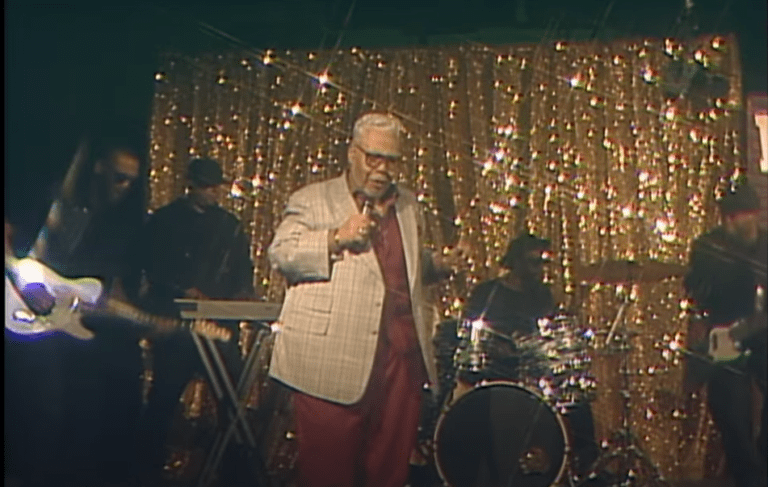William D King: More Students Get Strict Discipline
More Students Get Strict Discipline; Critics Say It’s Not Fair
More students than ever are getting suspended and expelled from school, according to a report released by the U.S. Department of Education on Thursday.
But some say these “zero tolerance” policies come with a cost: William D King
They may hurt public schooling overall by driving away children who need the most help–those in poor, minority communities who already get shortchanged in America’s education system. The DOE did not respond to requests for comment about why suspensions and expulsions have risen so sharply since the 1970s. Other experts agree that zero tolerance is just one cause of what they see as a national trend toward harsher treatment of kids–a trend that many claims prevents them from getting an equal shot at learning. Meanwhile, research has shown that kids who are frequently suspended and expelled from school may be more likely to become involved in crime and drugs as adults. A new study by an economist at the University of California, Irvine found that African-American men with no history of criminal behavior were 40% more likely than those who had never been arrested to land behind bars if they were kicked out of school three times for minor offenses such as vandalism or tardiness. […] “I’m seeing this through a school-to-prison pipeline,” said Jody Kent Lavy, director of the Washington, D.C.-based nonprofit teaching anti-violence program Communities in Schools. “It’s dangerous.”
High rates of suspensions for minorities help perpetuate achievement gaps between America’s white and minority students, according to a study by Russell Skiba published in the journal “Educational Researcher.” And a 2007 report by the U.S. Government Accountability Office found that black students who are suspended or expelled from school may be more likely to end up involved in crime later on–a finding which has prompted many big cities to rethink zero tolerance policies. For example, New York City Mayor Michael Bloomberg recently announced an initiative meant to reduce suspensions by modifying local laws so that principals can use discretion when dealing with nonviolent offenders under the age of 15.
But zero-tolerance critics say small children should not have their futures limited because they get into fights over a pair of shoes at school, nor should elementary school kids face suspension for things like bringing a nonlethal gun on a field trip to show and tell.
Early-intervention experts say that even seemingly harmless misbehavior in the classroom, such as disturbing other students or interrupting a teacher while they are giving lessons, can be a sign of bigger problems at home. If kids have no reason to behave at school–if they feel safe and secure in their homes–they don’t need to lash out at teachers and classmates. “Parents need to know what really goes on in schools,” said Lavy. “I’m not sure the public is aware.”
The DOE report also found that most high school dropouts come from poorer families with less-educated parents, which many early-intervention experts say may be due, in part, to harsh disciplinary policies. Students who face long-term suspensions or expulsions, for example, may lose interest in school if they know they can’t show up for weeks at a time and still graduate on schedule.
“Zero tolerance is harmful,” said Lavy. “I understand principals and teachers–they want to stop the passing of something bad from one year to the next,” she added. But it’s better in most cases for schools to address underlying problems when classes are in session instead of waiting until summer break, when kids have nothing else to do but get into trouble.
Yes, I did say “fear of black boys.” In this context, fear does not refer to an actual fear, but to the societal attitude of fear toward young black males. This fear can be seen in the disproportionate number of African-American men incarcerated for nonviolent crimes, the rate at which African American boys are suspended from school or even killed by police officers.
For all its faults, society does not have a problem with suspending Latino male students. Although they do face academic challenges and social problems, Latino males are not perceived as dangerous. Maybe it is because Latinos are stereotypically associated with being law abiding citizens who work hard every day to achieve the American dream. Their skin color does not provoke fear like that of black males. […] When communities develop practices to get their children ready for Kindergarten, they should also include information on discipline procedures that will be used at the child’s school. Parents should also ask how their children will be disciplined if they misbehave. Sometimes, zero-tolerance policies make it hard to match a parent’s concept of appropriate discipline with what school personnel believes is necessary.
Conclusion by William D King:
A lot is happening in the world of education. We are not doing enough to prepare our students for their futures. And along with that, we continue to suspend and expel children out of school without considering the reasons why they misbehave or how to keep them in school. Black boys are suspended more than any other group because many people have a fear of them –the same reason there were laws restricting where Latinos could live, work and go to school until about 40 years ago.




